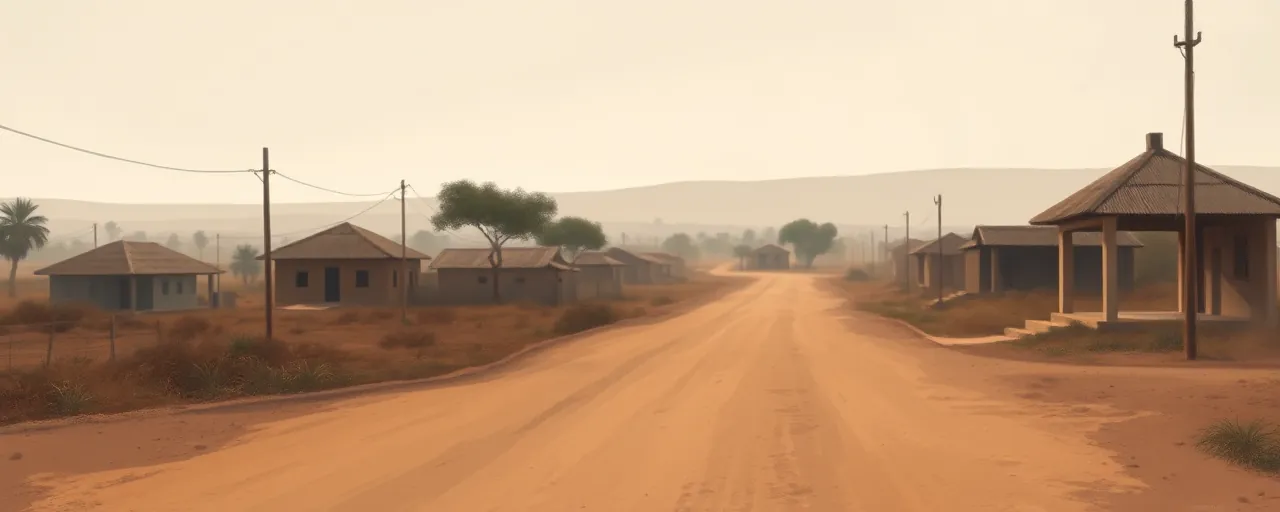A Sudden Shift in U.S. Policy
The United States has abruptly revoked all visas for South Sudanese passport holders, a move announced by Secretary of State Marco Rubio on April 5, 2025. The decision, effective immediately, also halts the issuance of new visas, barring South Sudanese citizens from entering the country. Rubio pointed to the transitional government of South Sudan’s refusal to promptly accept its deported nationals as the driving force behind this action, framing it as a matter of national security and public safety for the U.S.
This escalation marks a sharp turn in diplomatic relations between the two nations, spotlighting a growing tension over immigration enforcement. For everyday readers, it’s a jolt to see how quickly international ties can fray, leaving real people - students, workers, families - caught in the crossfire. The U.S. insists it’s a necessary step, but the ripple effects are already stirring debate about fairness, safety, and global cooperation.
Why the U.S. Drew the Line
At the heart of this decision lies a straightforward expectation: countries need to take back their citizens when another nation, like the U.S., seeks to deport them. South Sudan’s transitional government, however, has lagged in meeting this demand, prompting frustration in Washington. The U.S. Department of State argues that enforcing immigration laws is non-negotiable, a stance echoed in recent policies targeting uncooperative nations with visa restrictions or sanctions.
Historical precedent backs this up. Since the early 2000s, the U.S. has refined its approach to visa revocations, often tying them to national security or diplomatic leverage. Under the current administration, this trend has intensified, with expedited deportations and visa bans becoming go-to tools. South Sudan’s case fits a pattern - nations like Venezuela have faced similar measures - but the speed and scale of this blanket revocation stand out, raising questions about its immediate human cost.
South Sudan’s Side of the Story
South Sudan, a nation still reeling from years of conflict, finds itself in a tough spot. Since gaining independence in 2011, its government has struggled to stabilize, with peace deals faltering and elections pushed to 2026. Violence between rival factions persists, and the economy is buckling under disrupted oil production and rampant inflation. For many South Sudanese, returning home isn’t just inconvenient - it’s a gamble with their safety.
International law complicates the picture. Treaties like the 1951 Refugee Convention emphasize that repatriation must be safe and voluntary, a principle reinforced by the UN Refugee Agency. With South Sudan’s conditions far from stable, some argue the U.S. move risks violating these norms. The roughly 133 South Sudanese with Temporary Protected Status in the U.S., set to expire in May 2025, now face an uncertain fate, highlighting the clash between immigration enforcement and humanitarian realities.
Voices on the Ground
For South Sudanese living abroad, the visa revocation hits hard. Students pursuing degrees, workers sending money home, and families hoping to reunite are suddenly locked out. Advocates for immigrant rights point out that remittances from the diaspora prop up countless households in South Sudan, where poverty engulfs over 90% of the population. Cutting off these lifelines could deepen an already dire economic crisis.
On the flip side, U.S. policymakers stress the need for accountability. They argue that South Sudan’s government has had years to address repatriation logistics, especially given past U.S. support during its independence push. The debate isn’t black-and-white - it’s a tug-of-war between sovereignty and compassion, with real lives hanging in the balance.
What Happens Next
The U.S. has left the door ajar, signaling it might reconsider once South Sudan fully cooperates on deportations. But the path forward is murky. Diplomatic ties, already strained by governance disputes and reduced U.S. aid, could sour further. Meanwhile, South Sudan’s leaders face pressure to act, though their capacity to manage returns amid ongoing instability remains doubtful.
For readers new to this tangle, it’s a stark reminder of how immigration policies ripple across borders. Families split apart, economic threads unravel, and two nations dig in their heels. The stakes are tangible - not just for diplomats, but for people whose futures hinge on the next move.
